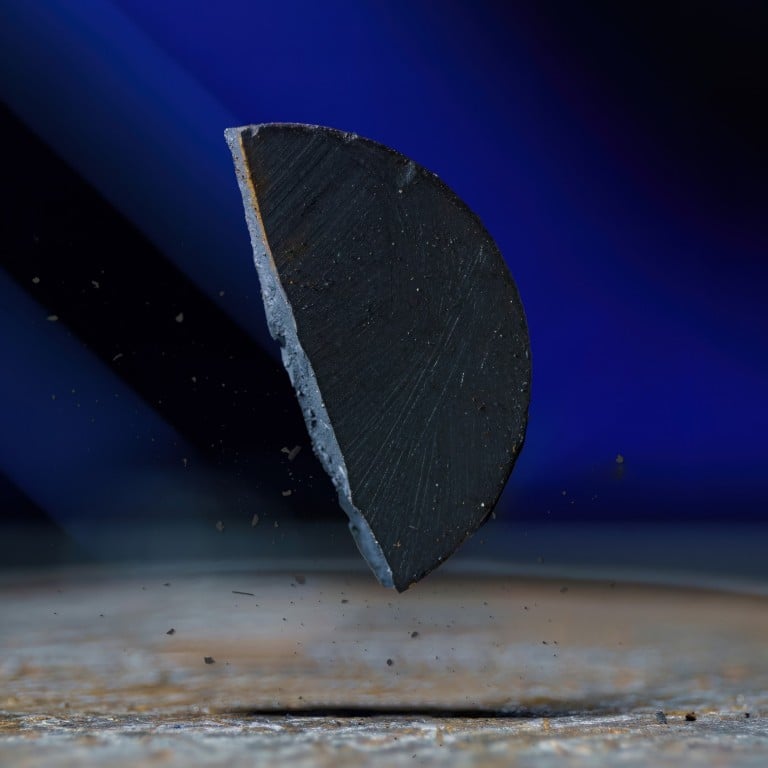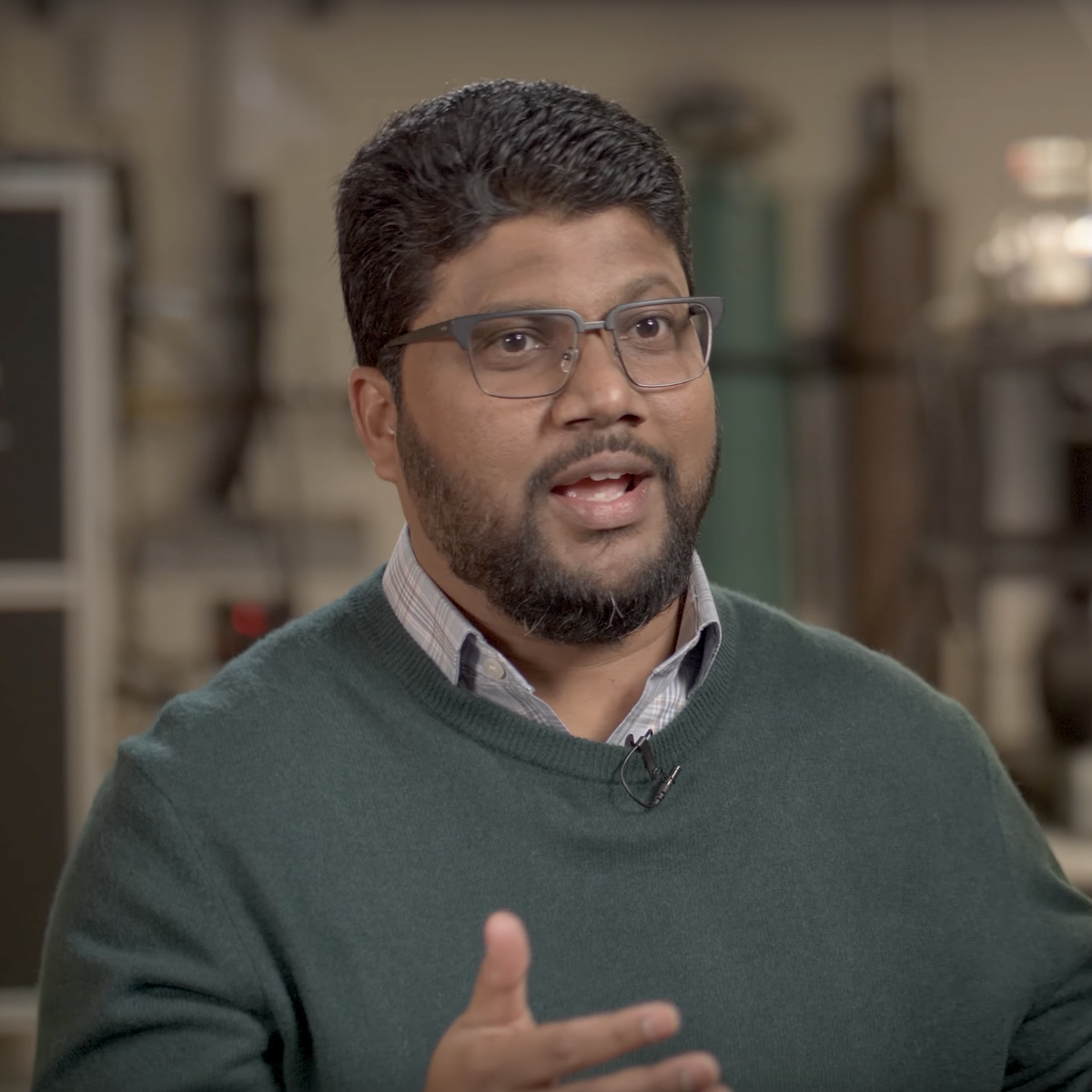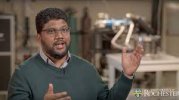- Joined
- Apr 14, 2011
- Messages
- 18,470
- Points
- 113

A paper by a team of US scientists claiming to have created a room-temperature superconductor has been withdrawn after doubts were cast over its findings by Chinese researchers. Photo: Shutterstock
ChinaScience
US team retracts bombshell superconductor study after Chinese researchers challenge findings
- Science journal Nature has retracted a paper by a team of US scientists which claimed to have created a room-temperature superconducting material
- Doubt was cast over the findings when several scientific teams in China were unable to replicate the US researchers’ result
Science journal Nature has retracted a controversial paper claiming to have created a room-temperature superconducting material, which Chinese scientists took the lead to try to reproduce – and on which they raised strong doubts.
Earlier this year, the paper made global headlines in both mainstream media and on social media after it was published in one of the oldest, most prestigious, scientific journals.
But in a retraction notice on November 7, eight of the paper’s 11 authors, most of them from the University of Rochester in New York, requested to withdraw the research as it “does not accurately reflect the provenance of the investigated materials, the experimental measurements undertaken and the data-processing protocols applied”.
This meant the study’s key data had been manipulated and the superconductivity observed was an experimental artefact, according to Dirk van der Marel, honorary professor at the University of Geneva in Switzerland.
“It means that there were serious problems with this paper, and that the material is not a room-temperature superconductor,” said physicist Jorge Hirsch from the University of California, San Diego. “These co-authors did the right thing, which takes courage.”
While unsuccessful replication efforts alone could not overturn the US team’s claim, they did play an important role in casting doubts on the reported findings, Hirsch and van der Marel told the Post via emails.
“Several groups in China played a leading role in this,” Hirsch said. “It provided encouragement to the co-authors of the paper to report the anomalies they knew about.”
The attention being paid to the paper had “hastened their decision to correct the scientific record”, said van der Marel, who also serves as editor-in-chief of the journal Physica C: Superconductivity and its Applications.
Nature earlier told the Post that they viewed the replication attempts as an extremely important part of the scientific process.
https://www.scmp.com/news/china/sci...uperconductor?module=hard_link&pgtype=article
“An inherent principle of publication is that others should be able to replicate and build upon the authors’ published claims,” a representative said.Karl Ziemelis, chief physical sciences editor at Nature, wrote in an email to the Post that the retraction had been “a deeply frustrating situation”.
He said the original submission of the paper had received “a number of questions” from expert reviewers, but they were largely resolved in later revisions.
“What the peer review process cannot detect is whether the paper as written accurately reflects the research as it was undertaken,” he said.
“It is not uncommon for further issues to come to light following publication, at which point papers receive an even greater degree of technical scrutiny from the wider community.”
Nature had raised separate concerns with the paper’s data and carried out investigations to conclude that the concerns were “credible”, the retraction note said.
Physicist Jorge HirschI don’t think the retractions should affect the reputation of the entire field
Since superconductivity was first discovered in 1911, scientists have been looking for different materials that carry electricity with zero resistance.
Such materials can potentially revolutionise the efficiency of power grids, computer chips, medical imaging and high-speed trains.
So far, superconductors only work under either very low temperatures (near absolute zero) or extremely high pressures (above one million Earth atmospheres).
Room-temperature superconductors are seen as the scientific holy grail to make practical applications come true.
In their paper published by Nature in March, the University of Rochester team led by Ranga Dias stunned the world by announcing that they had used hydrogen, lutetium and nitrogen to develop a compound that became a superconductor at around 21 degrees Celsius (about 70 degrees Fahrenheit).




Ranga Dias, March 2023. | Photo Credit: Screengrab from University of Rochester video/YouTub
In the weeks that followed, several labs in China moved quickly to synthesise samples according to the descriptions in the paper and test the reported findings. All of their attempts failed.
A team from the Institute of Physics in Beijing was only able to achieve superconductivity at minus 203 degrees Celsius in their experiment.
A separate group from the same institute said it reproduced the colour changes reported by the US team, but no superconductivity was observed, down to minus 271 degrees Celsius.
It is not the first time Dias’ team has retracted papers from top-tier journals. In 2020, his team claimed that they created a new material by adding carbon to hydrogen sulphide, which turned out to be superconductive at 15 degrees Celsius. That paper was retracted by Nature in 2022.
Hirsch said repeated retractions could cast a negative light on superconductivity research, specifically in a field known as hydrides under pressure.
This is because researchers in this field often do not disclose background subtraction procedures they use and are often reluctant to provide details and raw data underlying their published results.
“But I don’t think the retractions should affect the reputation of the entire field of superconductivity research, which is strong and healthy,” Hirsch said.
Van der Marel highlighted the trust factor. “The fact that scientists commit fraud doesn’t exactly inspire trust in science. The fact that some of this fraud is brought to light compensates for this, but only partly so,” he said.

